Solar energy is rapidly transforming how we power our homes and businesses, and a core component of any solar energy system is the solar inverters. As the bridge between your solar panels and the electricity grid, solar inverters are essential for converting the direct current (DC) generated by solar panels into alternating current (AC), which powers most appliances and devices. With new advancements in solar technology, 2025 brings more efficient, versatile, and affordable solar inverters than ever before.
What is a Solar Inverter and How Does It Work?
Solar inverters are devices that convert the DC electricity generated by solar panels into AC electricity, making it usable for most electrical appliances. Without an inverter, solar panels cannot effectively power a home or business.
Types of Solar Inverters:
- String Inverters: Typically used in residential systems, string inverters connect multiple panels in a “string,” offering a cost-effective and simple setup.
- Microinverters: Installed on each panel, these are ideal for systems with shading issues or complex roof structures. They allow individual panel performance monitoring.
- Hybrid Inverters: Designed for energy storage systems, hybrid inverters enable integration with batteries, storing excess energy for later use.
- Central Inverters: Commonly used for large-scale commercial installations, central inverters are high-capacity solutions that offer centralized power conversion for large systems.
Key Factors to Consider When Choosing a Solar Inverter in 2025
To make an informed decision, consider the following factors:
- Efficiency and Performance: Look for inverters with high efficiency ratings, as they convert more energy and increase your system’s overall output. Inverters with efficiencies above 95% are typically ideal.
- Type of Solar Inverter: The specific inverter type (string, micro, hybrid, or central) depends on your setup and energy needs. A small home may benefit from microinverters, while a business with significant energy demands might consider central or hybrid inverters.
- Scalability: Future-proofing your solar setup is crucial. If you plan to expand your solar array, ensure your inverter can accommodate additional panels.
- Warranty and Durability: Solar inverters come with varying warranty periods, usually between 5 and 25 years. A longer warranty can provide peace of mind, especially in regions with extreme weather.
- Cost and ROI: Consider the cost of the inverter against the long-term return on investment. High-efficiency inverters may cost more initially but can save money over time due to better energy conversion.
Top Solar Inverter Brands and Models for 2025
Here’s a quick overview of some of the top-rated solar inverter brands and models to look out for in 2025:
- SMA Solar Technology: Known for reliability, the SMA Sunny Boy and Sunny Tripower series offer excellent efficiency and robust warranties.
- Fronius: The Fronius Symo Hybrid and Primo inverters are ideal for residential and commercial installations, boasting high efficiency and advanced monitoring.
- SolarEdge: The SolarEdge HD-Wave series is popular for maximizing solar energy output through optimized technology and offers integration with storage systems.
- Enphase: Leading in microinverters, Enphase IQ series provides modular, panel-level optimization, perfect for complex roof designs.
- Huawei: Huawei offers FusionSolar solutions, combining power conversion with intelligent energy management for homes and businesses.
Pros and Cons of Each Type of Solar Inverter
Understanding the benefits and limitations of each type of solar inverter can help you decide which is best for your needs.
- String Inverters:
- Pros: Cost-effective, easy to install, great for open roof spaces.
- Cons: Lower efficiency with shading, no individual panel monitoring.
- Microinverters:
- Pros: High efficiency, individual panel monitoring, ideal for shaded or complex roofs.
- Cons: Higher initial cost, potentially more points of failure.
- Hybrid Inverters:
- Pros: Allows integration with batteries, ideal for areas with high energy storage needs.
- Cons: More expensive, requires larger upfront investment.
- Central Inverters:
- Pros: Cost-effective for large systems, centralised maintenance.
- Cons: Limited scalability, not suitable for smaller installations.
Frequently Asked Questions (FAQs) about Solar Inverters
What size solar inverter do I need for my system?
The size depends on your system’s total wattage. Aim for an inverter that matches or slightly exceeds your solar array’s output capacity.
How do I know if my solar inverter is working efficiently?
Most inverters come with a display or monitoring app. Efficiency drops or error messages are signs to check for maintenance or repairs.
Can I upgrade my solar inverter in the future?
Yes, many solar inverters are upgradable. Hybrid inverters, for instance, can often integrate with new battery technologies.
What’s the difference between AC and DC coupled systems?
DC-coupled systems feed energy directly to the battery before inverting to AC, while AC-coupled systems convert to AC first. Each has its pros and cons depending on battery needs and energy usage.
Conclusion
Choosing the right solar inverter is essential for maximising the efficiency and longevity of your solar system. As solar technology evolves, new inverter models in 2025 offer higher efficiency, smarter monitoring, and better integration with storage options. Whether you need a simple string inverter or a sophisticated hybrid model for energy storage, considering your specific needs and consulting with a professional can make all the difference in achieving your energy goals. Investing in the right inverter not only supports sustainability but also brings significant savings in the long term.

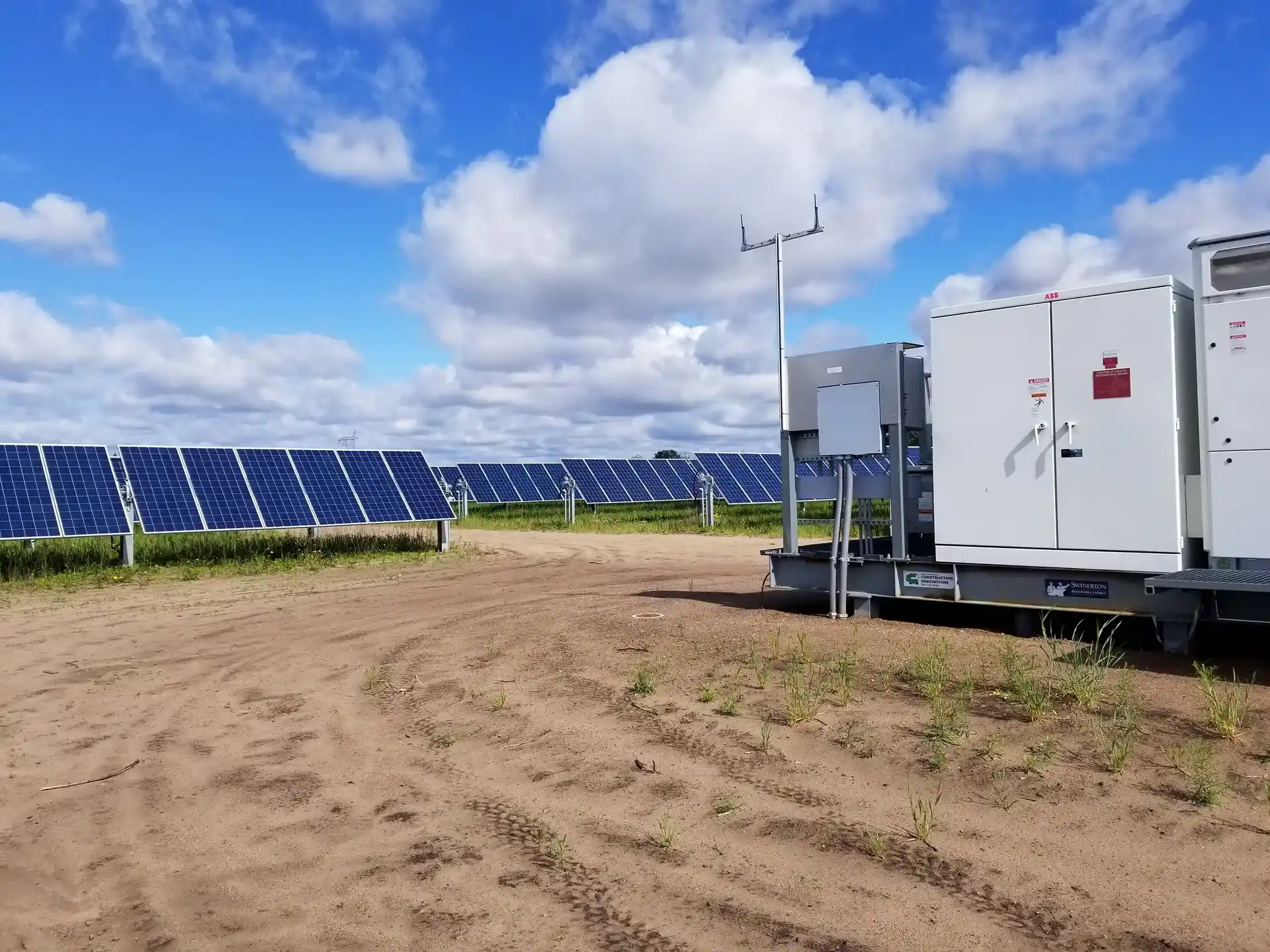

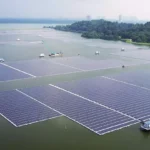
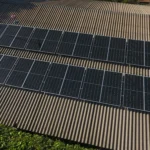
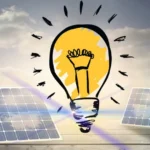
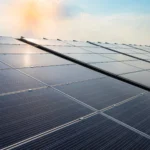
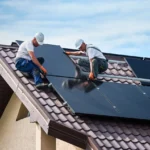


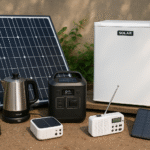
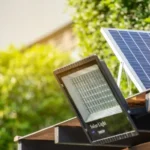
SolarEdge Inverter: Maximize Your Solar Power Efficiency - Egrowatt
November 10, 2024[…] power system, the inverter plays a pivotal role. SolarEdge inverter, a leading innovator in the solar industry, has revolutionized the way inverters work, helping users maximize their solar power efficiency. In […]